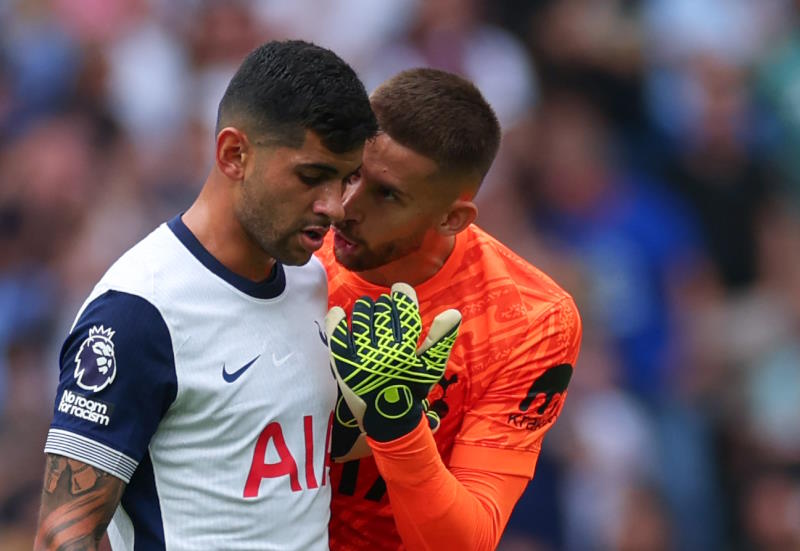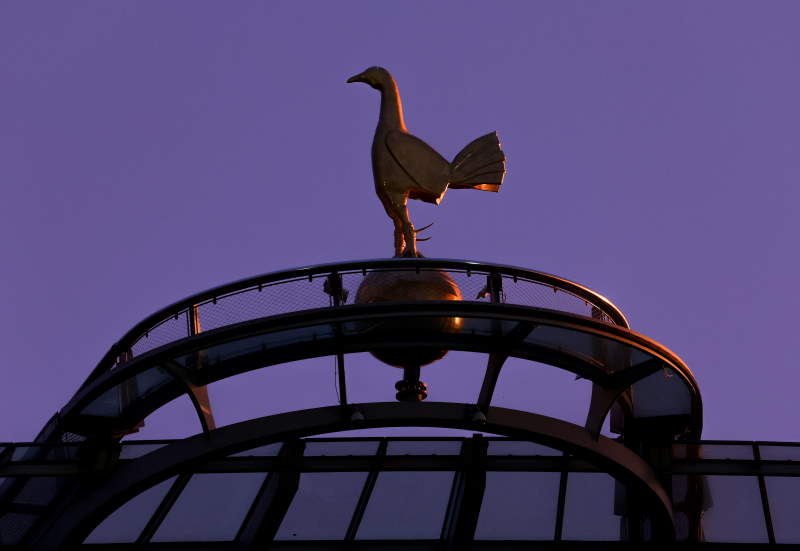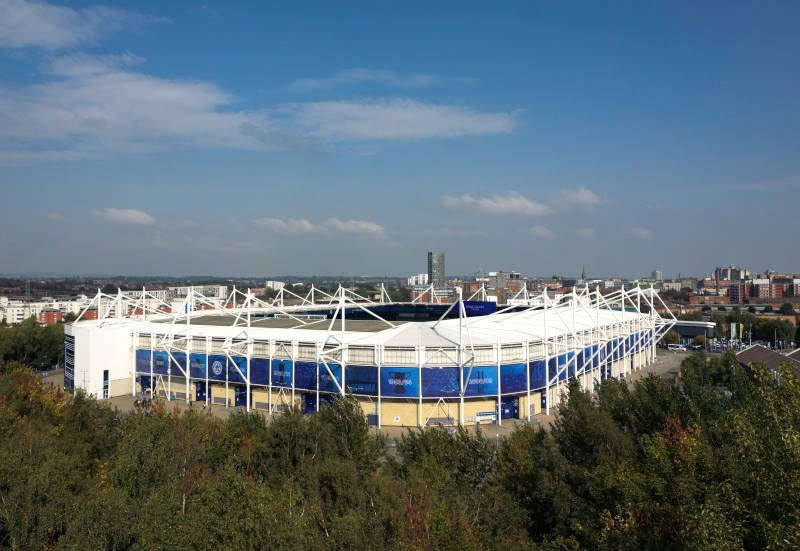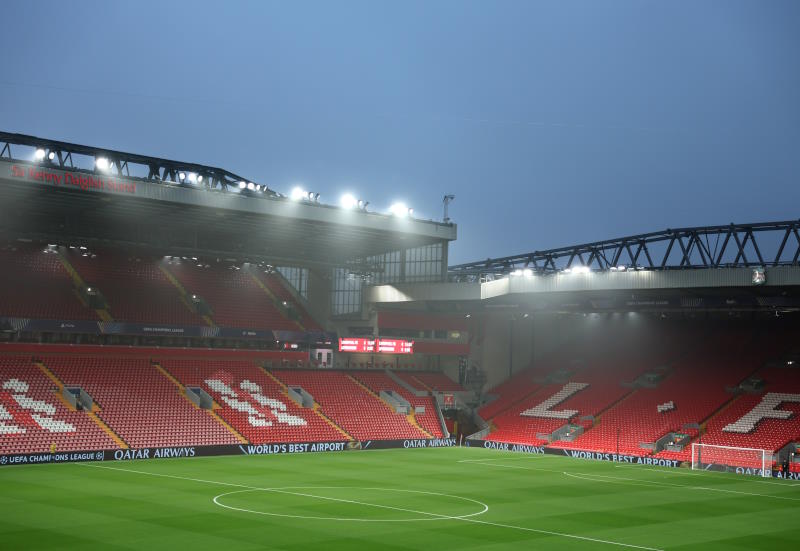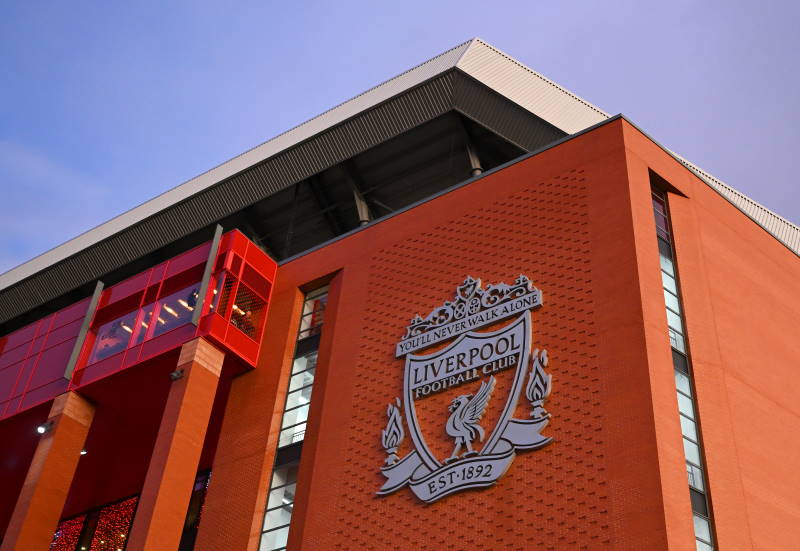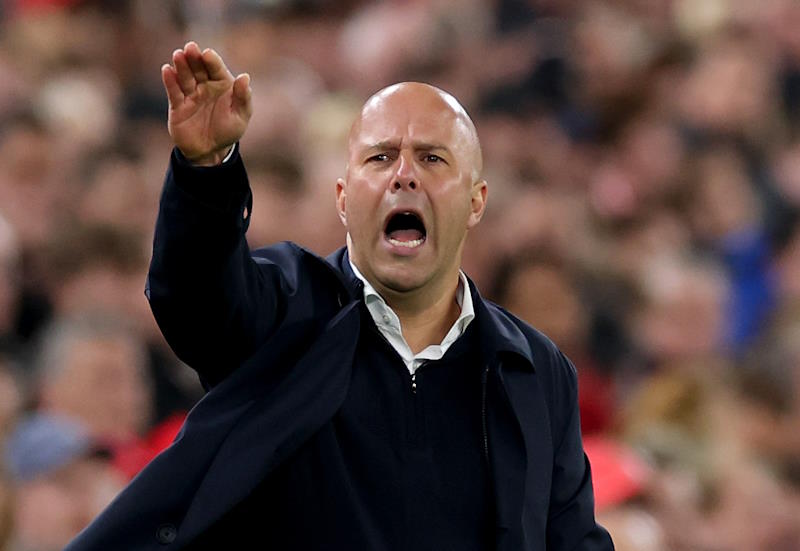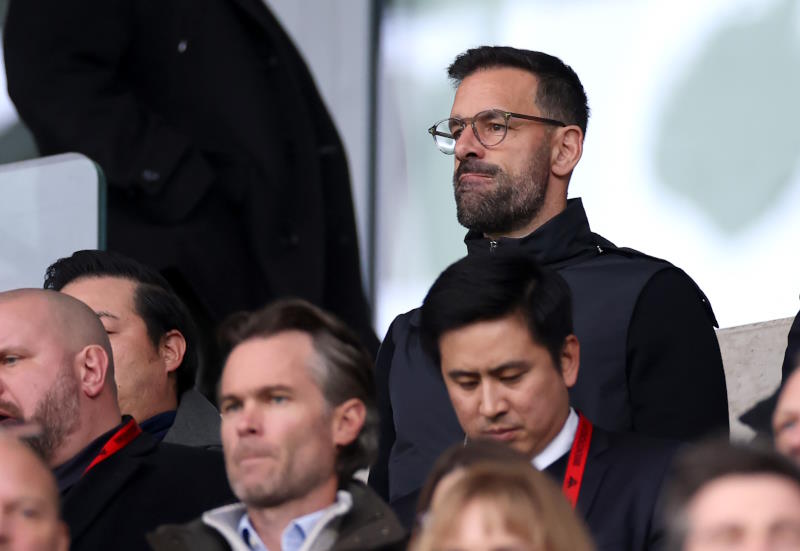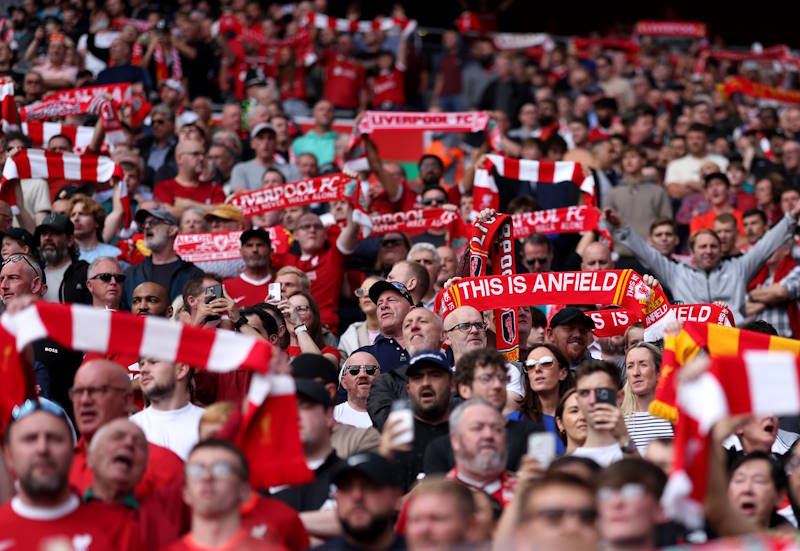.jpg)
At the height of the British industrial revolution the West Midlands was its driving force. Leading entrepreneurs such as James Watt and Matthew Boulton led the way as the city of Birmingham became known as the city of a thousand trades, its factories and workshops fuelled by the coal rich neighbouring Black Country produced goods that Britain traded globally. The labour force that mined the coal and operated the machinery were an ideal demographic for the new pastimes that developed in the Victorian era, the sport of football being one of them. It’s therefore no surprise that the West Midlands was at the very heart of the development of football from its amateur beginnings to the structured, professionally organised game we know today.
William McGregor, a director of Aston Villa, first raised the idea of a definitive league structure in 1888. Before this the only nationally organised competition was the FA Cup. All other fixtures were organised between clubs on an ad-hoc basis. At a meeting in London on 23rd March 1888, the Football League was formed and at a further meeting in Manchester on 17th April the Football League was formally created with its 12 founding member clubs in attendance; Accrington Stanley, Aston Villa, Blackburn Rovers, Bolton Wanderers, Burnley, Derby County, Everton, Notts County, Preston North End, Stoke City, West Bromwich Albion and Wolverhampton Wanderers.
Three of the founding members were from the West Midlands; Aston Villa, West Bromwich Albion and Wolverhampton Wanderers. And over the next two decades the West Midlands conurbation would dominate English football with 14 honours shared between the three aforementioned clubs. Between 1888 and 1910 Aston Villa were crowned league champions on six occasions and triumphed in the FA Cup four times. Wolverhampton Wanderers and West Bromwich Albion both won the FA Cup twice during the same period.
It would take another 50 years for the area to enjoy comparable success as Wolves won three league titles in the 1950s as well as winning the FA Cup in 1960. West Bromwich Albion and Aston Villa also enjoyed further FA Cup triumphs in 1954 and 1957 respectively. After this period though the powerbase of English football shifted away from the Midlands to the North West and London. Bill Nicholson of Spurs, Bill Shankly of Liverpool and Matt Busby of Manchester United were now leading the way.
Despite the frequent success of Liverpool and Manchester United over the next 50 years, the introduction of the League Cup in 1960 provided the region’s clubs with further opportunities for silverware. Aston Villa were the inaugural winners and have won the competition on five occasions. Wolves have also enjoyed success in the League Cup, winning it twice and Birmingham City have triumphed once. This period also saw arguably Aston Villa’s finest hour when they were crowned European Champions in 1982. Unfortunately for the Villains, they could not sustain this success and within a few seasons would be relegated to the then Second Division.
Evidentially today’s game has altered beyond recognition from football’s early days at the end of the nineteenth century. The Champions League has created a financial monopoly amongst the elite clubs and it seems unlikely that a club outside that elite can enjoy a period of sustained success. Despite this, the footballing map of England, heavily dominated by clubs in London and the North West, may have to be redrawn over the next few years to include clubs from the West Midlands, with the area beginning to enjoy a footballing renaissance.
Aston Villa are currently enjoying their best season in a decade as American owner Randy Lerner’s patient investment appears to be bearing fruit after four seasons at the helm. Villa’s success this season has been built on the platform of a solid defence marshalled by Richard Dunne, while in midfield James Milner has been a driving force. The Villains have already reached the League Cup final during this campaign, where they were defeated by Manchester United, and are now heading back to Wembley for an FA Cup semi-final with Chelsea. The Birmingham outfit are also competing with Manchester City, Tottenham Hotspur and Liverpool for the lucrative, Champions League providing, fourth Premier League spot.
Villa’s fierce cross city rivals Birmingham City, under the new ownership of Hong Kong entrepreneur Carson Yeung and the astute management of Alex McLeish, have also been making headlines on the pitch this season. Built on an excellent defensive record and spearheaded by an exciting strike partnership in Cameron Jerome and Christian Benitez, Birmingham are in line for a top half finish when they were expected to be battling relegation. Throw in an FA Cup quarter-final appearance and it’s been a fantastic campaign for The Blues, exceeding all expectations. With Carson Yeung’s continued investment over the coming years it appears logical that Birmingham will be competing at the right end of the Premier League over the next few seasons.
Wolverhampton Wanderers are doing their work at the other end of the Premier League table, but as a promoted side avoiding relegation is the only aim for this season. Mick McCarthy’s men have had an inconsistent campaign, however victory in a huge six pointer at Burnley has provided Wolves with a huge boost to their survival hopes. If the Black Country side can remain in the top division they will have the opportunity to add to the talents of Matt Jarvis and Kevin Doyle and improve their squad over the summer. With the right levels of investment and some savvy moves in the transfer market the Molineux outfit can look to consolidate their top flight status over the next couple of seasons.
In the Championship, West Bromwich Albion look set for a swift return to the top flight as they currently occupy one of the two automatic promotion berths. The Baggies have developed a reputation as a yo-yo club with promotion from the Championship quickly followed by relegation from the Premier League. Chairman Jeremy Peace’s financial prudence has allowed The Hawthorns outfit to quickly bounce back from any drop as they are not under any pressure to sell players or reduce their wage bill. With former Chelsea midfielder Roberto Di Matteo in charge the Albion faithful will hope they have the manager, playing squad, style of play and experience to help establish themselves as a Premier League side in future years.
Next season, and for the first time in the history of the Premier League, there could be four representatives from the West Midlands in England’s top flight. All four sides will have different expectations and objectives, but with suitable levels of investment and correct decision making, the West Midlands quartet could have a significant impact on the Premier League in years to come.
Latest Articles:
- – Brief Encounters: Aston Villa’s Jozef Venglos
- – Top Five Players in England Outside the Premier League
- – Aston Villa Must Guard Against Renewed Slump


